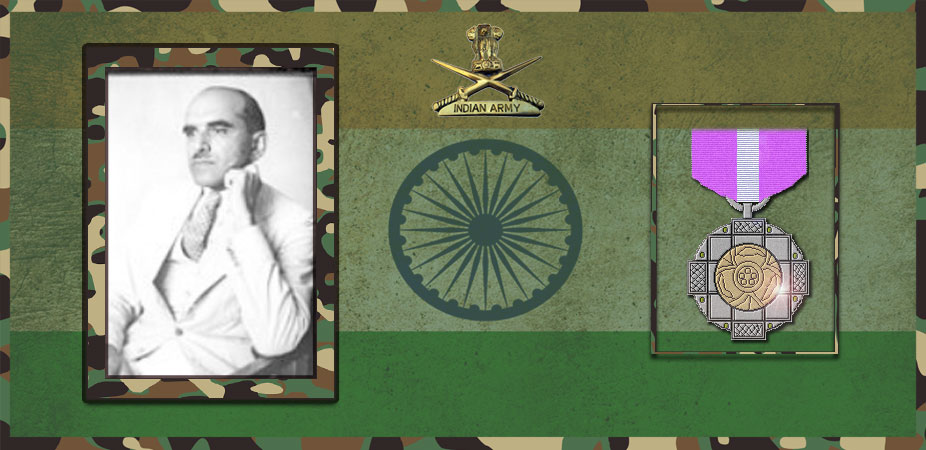Let's salute to our Indian Army together, We are proud to be Indian.
Let's salute to our Indian Army together, We are proud to be Indian.

Asaf Ali Asghar Fyzee (10 April 1899 – 23 October 1981) was an Indian educator, jurist, author, diplomat, and Islamic scholar who is considered one of leading pioneers of modern Ismaili studies. He also served as India’s first ambassador to Egypt from 1949 to 1952, and Vice-Chancellor of the University of Jammu and Kashmir from 1957 to 1960. His best-known literary work is Outlines of Muhammadan law, which states that “in order to understand Islamic law, one has to be familiar with historic and cultural background of the law”. He was honoured with the Padma Bhushan award by the President of India in 1962, India’s third highest civilian award.In his writings, Fyzee advocates the need to incorporate modern reforms in Islamic law without compromising on the “essential spirit of Islam”.
Fyzee was born on 10 April 1899 to the Tyabji-Fyzee family of Sulaymani Ismaili Bohra in the Matheran town of Maharashtra. He took his initial education in Mumbai and completed his LL.B degree at St. Xavier’s College, Mumbai. In 1922 he went to England and studied at St John’s College, Cambridge. At Cambridge he also studied Arabic and Persian under eminent orientalist Reynold A. Nicholson. In 1925, at the age of 26, he became a barrister-at-law and started his career as an advocate in the Bombay High Court from 1926 to 1938.
From 1938 to 1947, Fyzee was Principal and Perry Professor of Jurisprudence in Government Law College, Mumbai. After the partition of India, he remained in that country and served as the first Indian ambassador to Egypt from 1949 to 1951. In 1952 he was appointed as a member of the Union Public Service Commission, New Delhi. He also held the position of Vice-Chancellor of the University of Jammu and Kashmir from 1957 to 1960
Apart from his academic and government duties, Fyzee made significant contributions to the modern scholarship of Ismaili studies. He wrote several books based on Islam, which promoted the idea of modernizing Islam.
Following are some of books written by Fyzee.
Honours and recognition